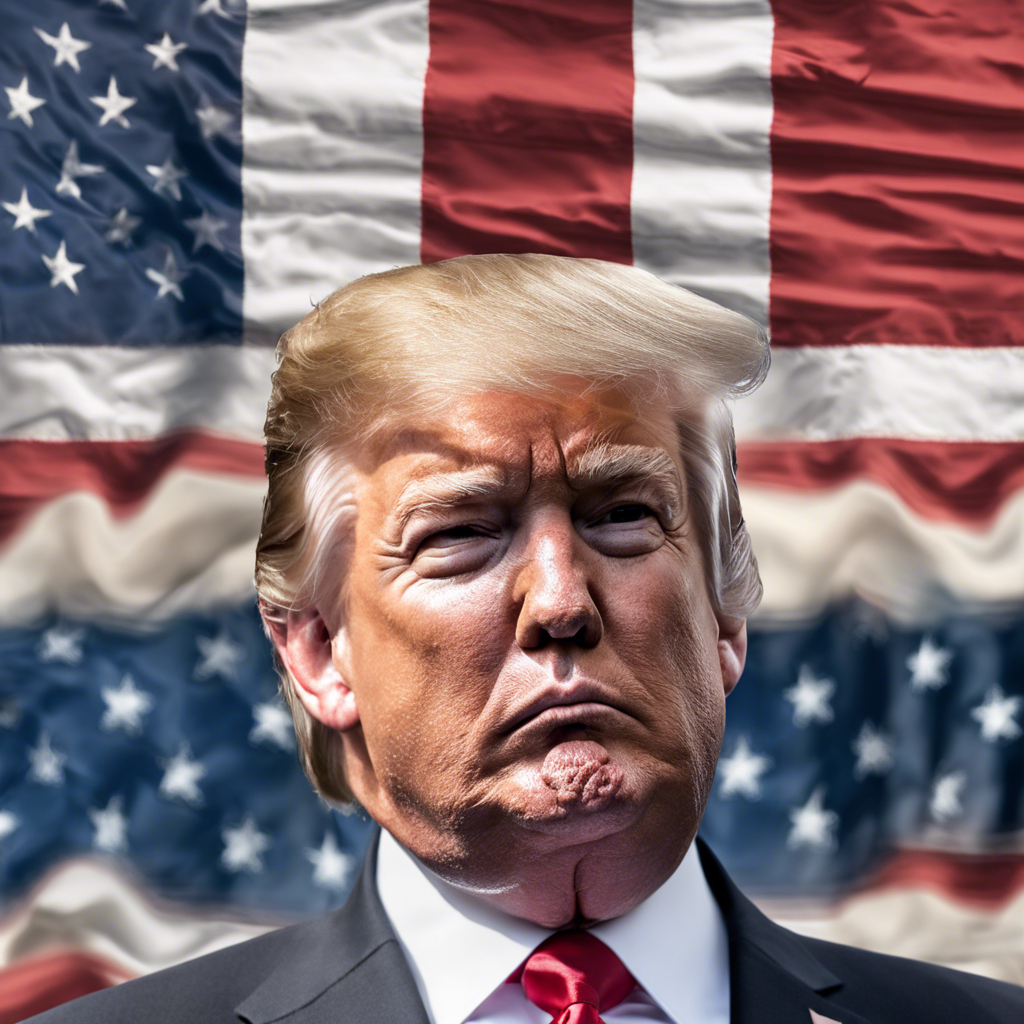Trump’s Eligibility to Run for President Challenged in Colorado and Maine

Recent decisions by the Colorado Supreme Court and Maine Secretary of State have raised questions about former President Donald Trump’s eligibility to run for president in the upcoming elections.
The eligibility of former President Donald Trump to run for president in future elections has been called into question following recent decisions by the Colorado Supreme Court and Maine Secretary of State. Both rulings suggest that Trump’s participation in the January 6th insurrection disqualifies him from holding the office of President. As the nominating season approaches, these decisions have created a stir in the presidential race, with Democrats divided on whether they would prefer to beat Trump at the polls or have him blocked from running. Republicans, on the other hand, argue that voters should decide who their standard-bearer should be, rather than courts or elected officials.
Legal Challenges and Political Reactions
The decisions by the Colorado Supreme Court and Maine Secretary of State have sparked legal challenges and political reactions. The Colorado Republican Party has asked the U.S. Supreme Court to review the Colorado decision, and Trump is expected to do the same. Trump’s team is monitoring the court cases and decisions, but they are not overly concerned, as most court decisions have allowed Trump to remain on the ballot. Republicans in Maine have expressed support for Trump and criticized the decision by the Secretary of State.
The 14th Amendment and Insurrection
The challenges to Trump’s candidacy revolve around the 14th Amendment of the U.S. Constitution, which states that those who engage in insurrection after swearing to uphold the Constitution cannot hold office. Trump’s opponents argue that his actions on January 6th, when he urged his supporters to march to the Capitol and “fight like hell,” qualify as insurrection and disqualify him from running for president again. Challenges based on the 14th Amendment have been filed in several states, with mixed results. The top courts in Minnesota and Michigan allowed Trump to remain on the ballot, while challenges in federal courts have gone nowhere.
The Role of the Supreme Court
The decisions in Colorado and Maine have put pressure on the Supreme Court to get involved in the matter. Trump’s team expects the Supreme Court to take up the case and would welcome a ruling across the board. The conservative majority on the court may be favorable to Trump, but the issues at play are complex and difficult to predict. Legal scholars suggest that the Supreme Court may try to find a way to avoid making a definitive ruling on Trump’s eligibility, given the extraordinary nature of barring a former president from the ballot. However, they are likely to address the issue in some fashion.
Conclusion:
The recent decisions in Colorado and Maine have raised questions about former President Donald Trump’s eligibility to run for president in future elections. While legal challenges and political reactions continue, the ultimate decision may lie with the Supreme Court. The court’s ruling will have significant implications for the upcoming presidential race and the interpretation of the 14th Amendment. As the case unfolds, the nation awaits a resolution that will determine whether Trump can reclaim the White House or whether he will be blocked from running again.

